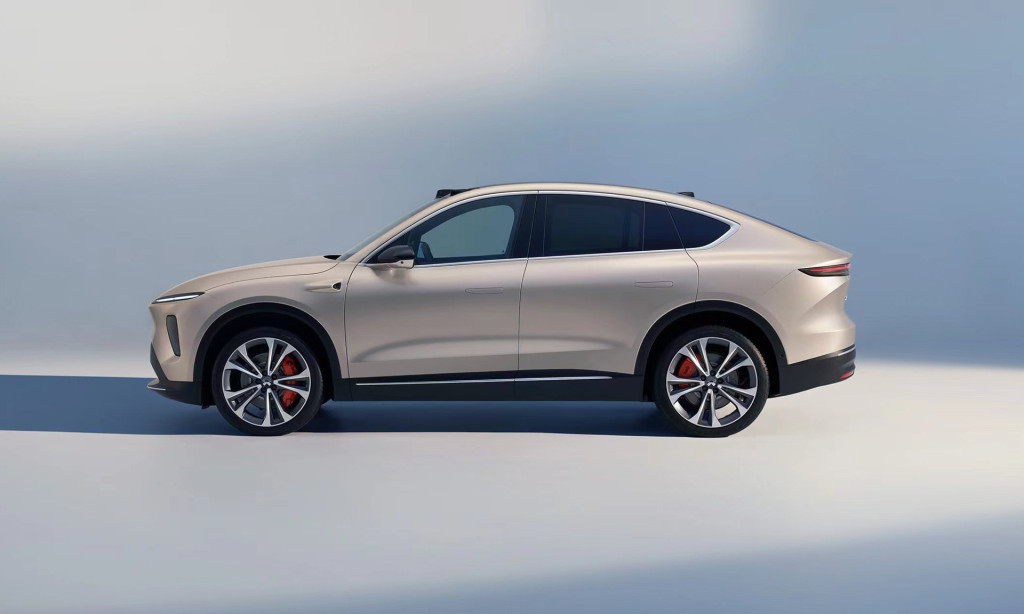A strong SUV market is leading to higher oil demand today, and may make future carbon dioxide (CO2) emissions targets harder to achieve, according to the International Energy Agency (IEA).
New IEA analysis found that global CO2 emissions from SUVs reached nearly 1.1 billion tons in 2022, overshadowing increased sales from electric cars.
SUVs are also driving increased oil consumption, according to the analysis. The IEA said oil use in conventional cars, excluding SUVs, stayed roughly the same between 2021 and 2022. But during that period, SUV-related oil consumption rose by 500,000 barrels per day, accounting for one-third of the total growth in oil demand, according to the IEA.
2023 Ford Mustang Mach-E
Electric SUVs aren’t helping out, the agency points out, noting that they generally require larger battery packs, which in turn increases the need for raw materials.
Addressing those risks ahead of time is possible through a number of actions: downsizing of the average car size; increasing battery swapping; and investing in innovative battery technologies,” an IEA statement said. “Those strategies would keep in check the investment requirements for developing the cobalt, copper, lithium and nickel resources needed to satisfy the increasing uptake of EVs.”
Not all modern SUVs are the gas guzzlers that once dominated the category, but their added weight and poorer aerodynamics compared to sedans, hatchbacks, and wagons is detrimental to efficiency. SUVs were the second-largest contributor to a CO2 increase in the 2010s, a 2019 report found.

2023 Nio EC7
There are a few SUVs, however, for which companies have emphasized that efficiency is a priority—the Lucid Gravity, for instance, and the Nio EC7. And not every auto industry executive believes the current SUV hegemony will last forever. The CEO of Citroën seems to think that the shift to EVs will kill off SUVs.
In the U.S., some regulatory changes will be needed for that to happen, though. The federal government continues to incentivize automakers to produce more SUVs—both in its Corporate Average Fuel Economy (CAFE) regulations, and in the incentives it’s providing to EVs shoppers.
